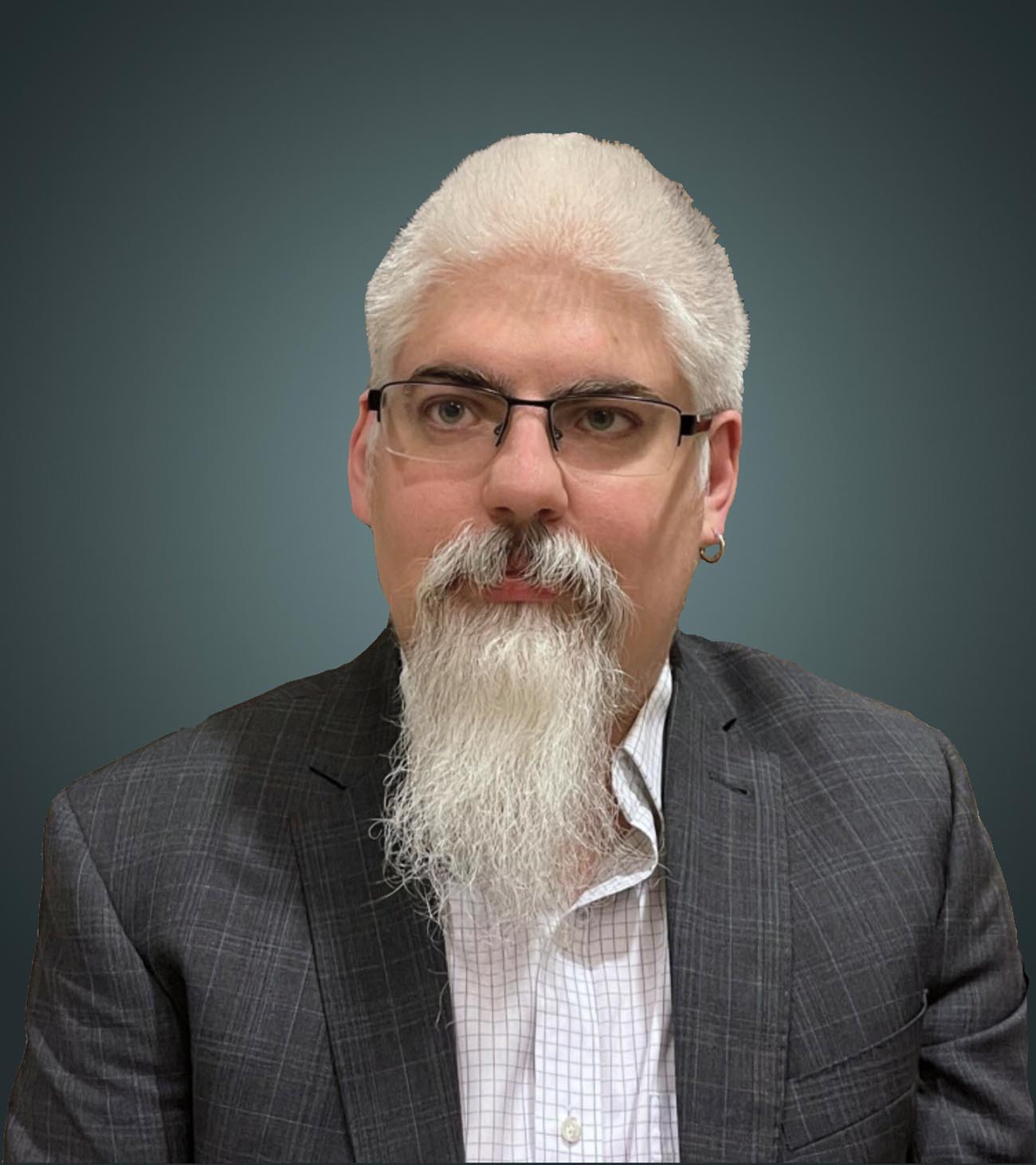Always a Logger: Zak Kallenborn ’13

The biographical blurb on the “About” page of Zak Kallenborn’s website (zkallenborn.com) gets right to the point: Zachary analyzes horrible ways people kill one another.
It’s a succinct way to sum up his day jobs, which include policy fellow at the Schar School of Policy and Government at George Mason University, research affiliate focused on unconventional weapons at the National Consortium for the Study of Terrorism and Responses to Terrorism at University of Maryland, and a variety of consulting roles across the national security spectrum. The common thread, he says, is “trying to understand what’s worth worrying about, what should we prioritize, and how do we actually respond?”
That broad mandate is consistent with the diverse interests Kallenborn ’13 cultivated at Puget Sound, where he double majored in math and government and politics, and minored in German, history, and physics. All of which, he says, led him naturally to national security, which he describes as “probably the most interdisciplinary topic there is.” A particular focus of late is drones, particularly the growing threat of drone swarms, in which the devices can communicate and coordinate movement with each other. The relatively simple technology (“It’s not The Terminator,” he says) is spreading faster than he and other security analysts can keep up with, and the risk to conventional defense systems is daunting.
Pondering such threats could take up Kallenborn’s every waking moment, but he’s recently found time for an additional pursuit focused less on future threats than on present danger: He’s the coordination director for Project Exodus Relief, a volunteer group of military and national security veterans working to evacuate vulnerable Afghan citizens from the country in the wake of the U.S. withdrawal. “It’s really underscored for me the importance of finding purpose and meaning,” he says. “Every week I’m helping folks going through the worst experiences imaginable, terrified their whole family is about to be killed. There’s an intellectual satisfaction to the work, but also an emotional satisfaction, knowing I’m making a difference in people’s lives.”










